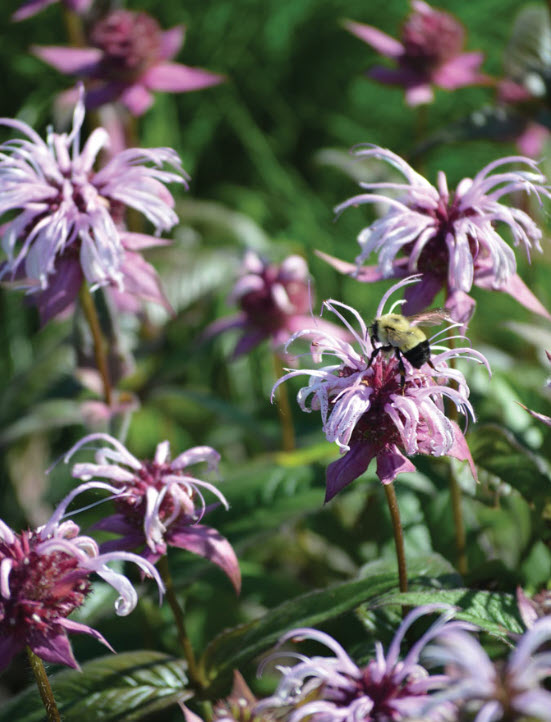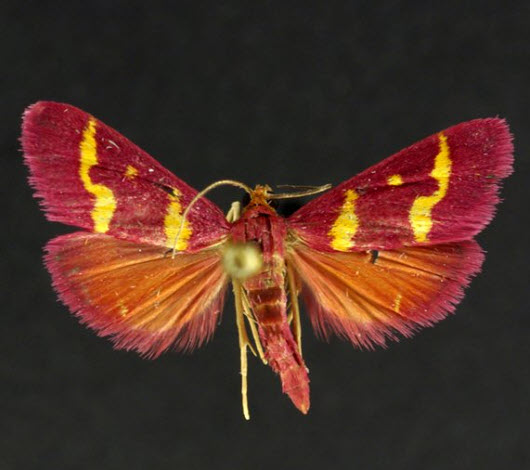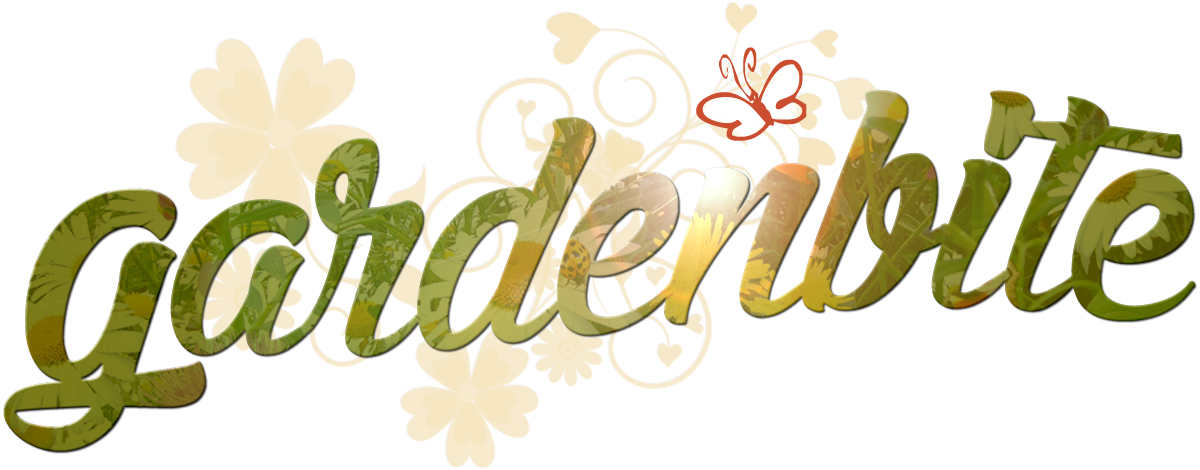Click below to listen to my 2 min. Garden Bite radio show/podcast: Host plants for butterflies and moths
Plowing out from our blizzard I received my Prairie Moon Nursery catalog. Oh the joy it brings! Inside the catalog is a list of native plants that are hosts for specific butterflies and moths.
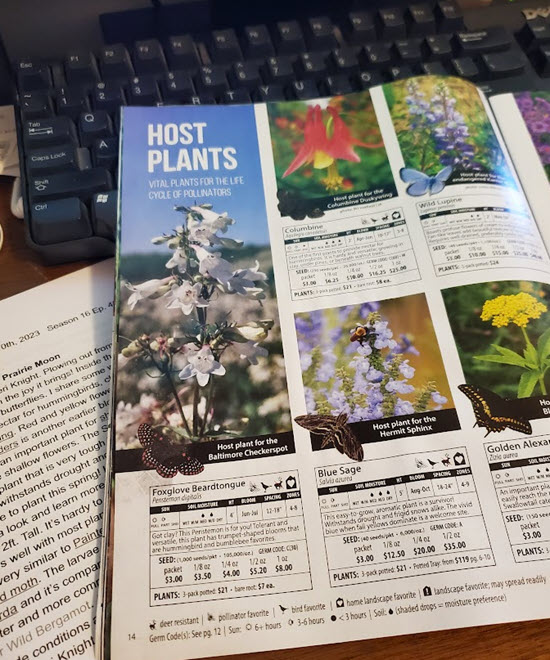
I share some with you today! For earlier bloom and the first to provide nectar for hummingbirds, choose Columbine. This plant is host to the Columbine Duskywing. Red and yellow flowers bloom from April to June on this 2 ft. plant.
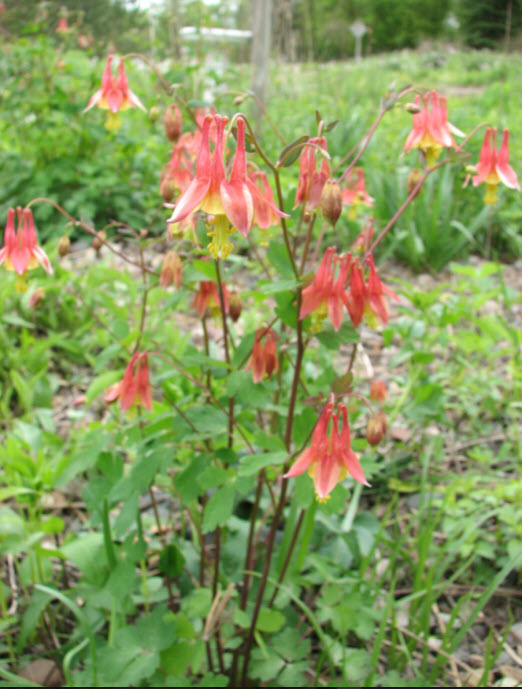
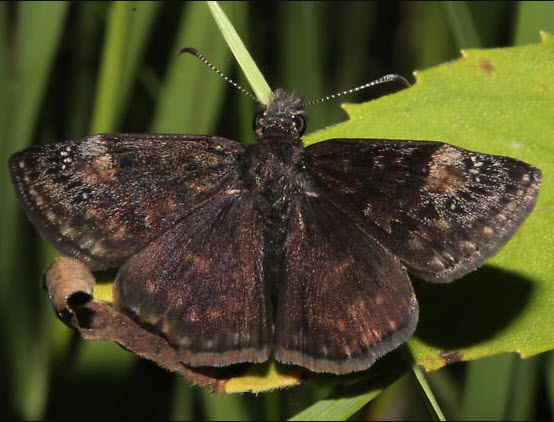
Golden Alexanders is another earlier bloomer and host to the Black Swallowtail butterfly. It’s also an important plant for short-tongued bees as they can easily reach the nectar in the shallow flowers. The Swallowtail eats the leaves.
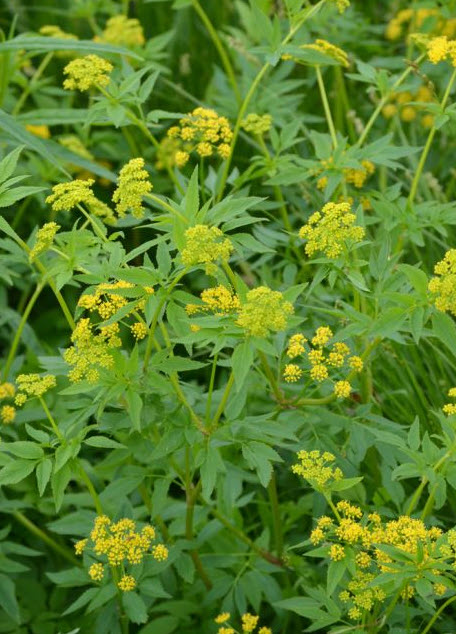
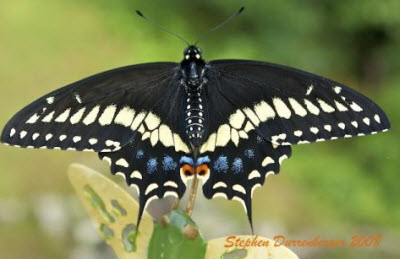
This plant grows to 3 ft. A pretty plant that is very tough is the Blue Sage. Growing in full to part sun it will reach 5 ft. It withstands drought and frigid snow and is host to the Hermit Sphinx. I just ordered some to plant this spring! Super excited!
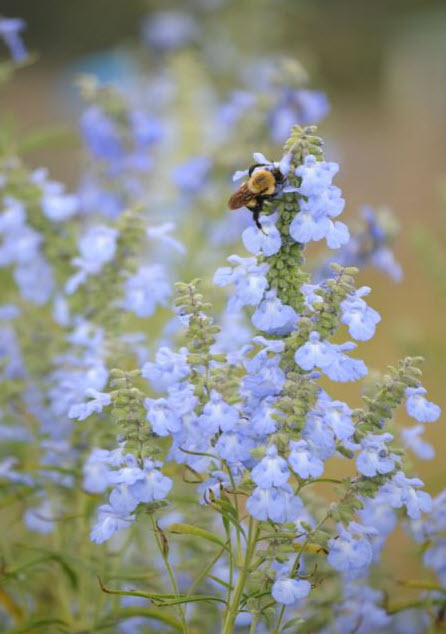
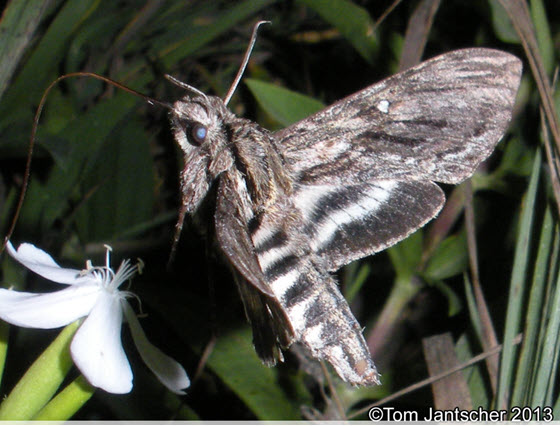
Pearly Everlasting blooms from June to September and grows to 2ft. Tall. It’s hardy to zone 2!!! Soft, silvery green foliage with pearlescent flowers plays well with most plants and is a host to the beautiful American Lady butterfly which is very similar to Painted Ladies.
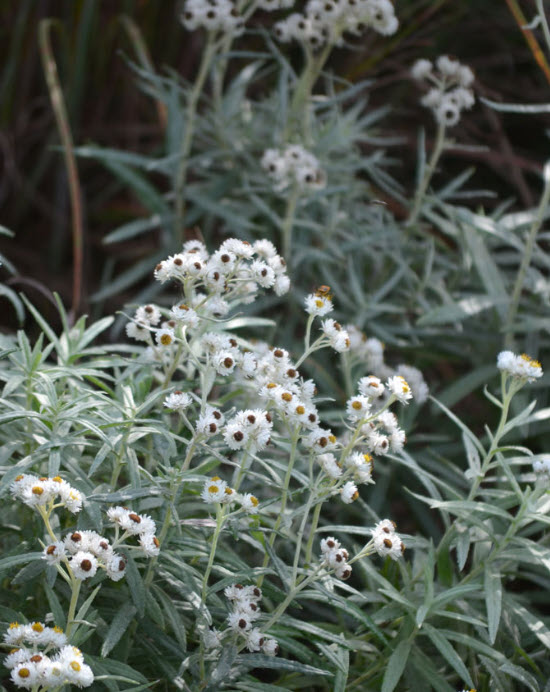
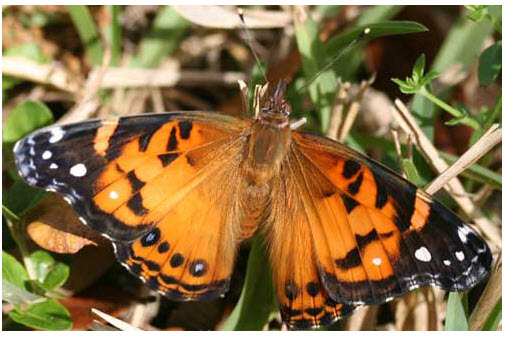
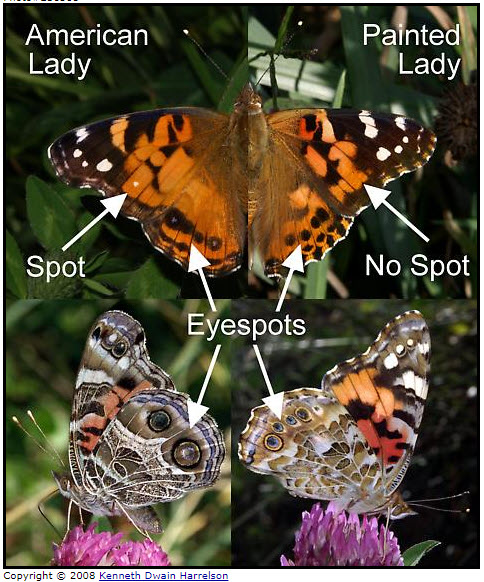
New England Asters are a host for the Wavy-lined Emerald moth. The larvae camouflages itself!
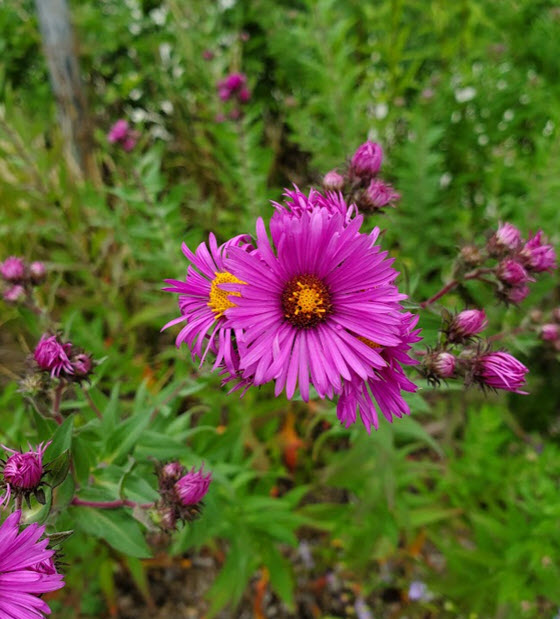
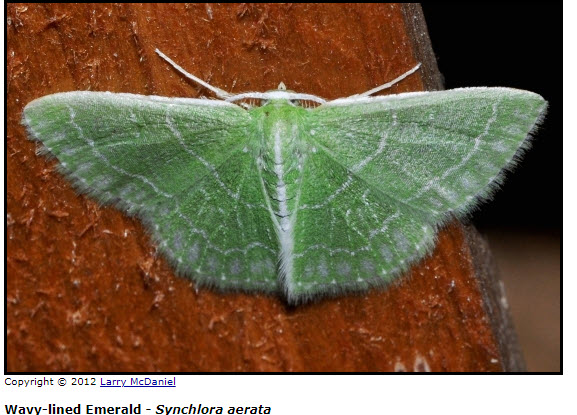
And I have to wrap this up with Bradbury’s Monarda and it’s companion the Raspberry Pyrausta, a rose pink moth. This monarda is shorter and more compact than the popular classic prairie plant Monarda fistulosa, or Wild Bergamot. An excellent choice for home landscaping, tolerating sun and shade conditions and average garden soil.
